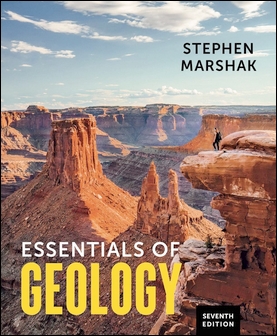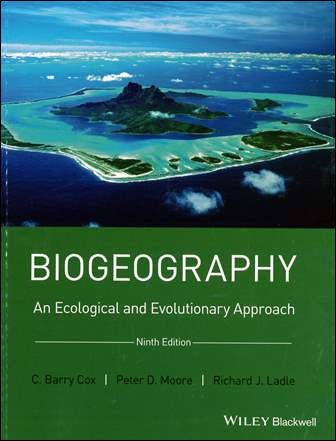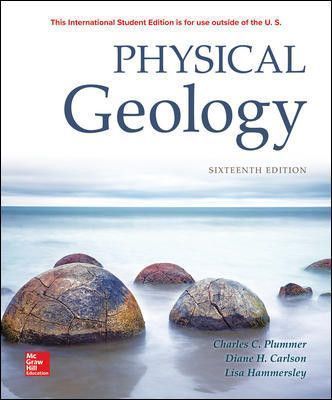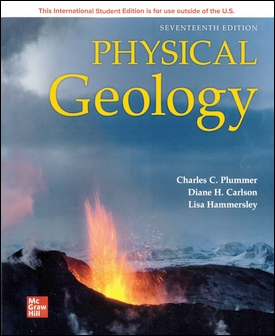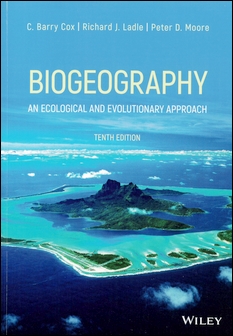書籍分類
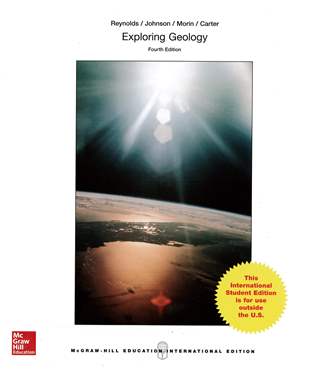
Exploring Geology 4/e
作者:Stephen Reynolds, Julia Johnson, Paul Morin, Chuck Carter
原價:NT$ 1,550
ISBN:9781259252082
版次:4
年份:2015
出版商:McGraw-Hill
頁數/規格:672頁/平裝彩色
版次:4
年份:2015
出版商:McGraw-Hill
頁數/規格:672頁/平裝彩色
內容介紹 目錄
- Description
Exploring Geology by Reynolds/Johnson/ Morin/Carter is an innovative textbook intended for an introductory college geology course, such as Physical Geology. This ground-breaking, visually spectacular book was designed from cognitive and educational research on how students think, learn, and study. Nearly all information in the book is built around 2,600 photographs and stunning illustrations, rather than being in long blocks of text that are not articulated with figures. These annotated illustrations help students visualize geologic processes and concepts, and are suited to the way most instructors already teach. To alleviate cognitive load and help students focus on one importageologic process or concept at a time, the book consists entirely of two-page spreads organized into 19 chapters. Each two-page spread is a self-contained block of information about a specific topic, emphasizing geologic concepts, processes, features, and approaches. These spreads help students learn and organize geologic knowledge in a new and exciting way.
Inquiry is embedded throughout the book, modeling how geologists investigate problems. The title of each two-page spread and topic heading is a question intended to get readers to think about the topic and become interested and motivated to explore the two-page spread for answers. Each chapter is a learning cycle, which begins with a visually engaging two-page spread about a compelling geologic issue. Each chapter ends with an Investigation that challenges students with a problem associated with a virtual place. The world-class media, spectacular presentations, and assessments are all tightly articulated with the textbook. This book is designed to encourage students to observe, interpret, think critically, and engage in authentic inquiry, and is highly acclaimed by reviewers, instructors, and students.



